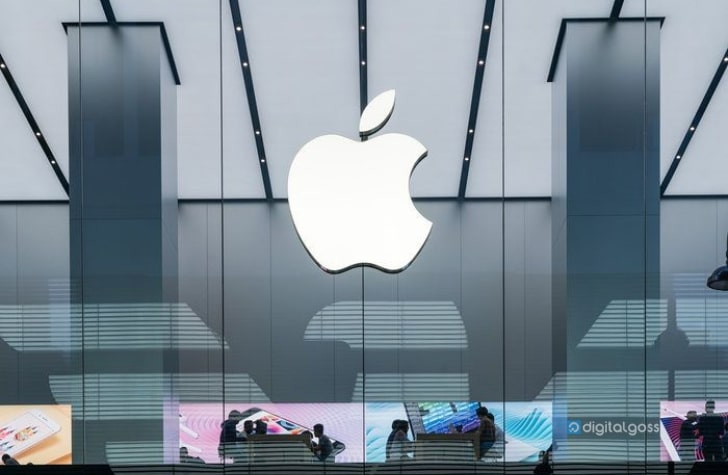Brussels has accused Apple of violating EU competition rules, marking the first instance of the European Commission applying its new Digital Markets Act (DMA) to a Big Tech company. The DMA, designed to foster competition by regulating powerful online “gatekeepers” like Apple, mandates that tech giants must open their platforms to competition. This regulatory move follows ongoing concerns about Apple’s restrictive practices on its App Store.
Key Allegations
The European Commission’s preliminary findings, issued after an investigation initiated in March, highlight several areas where Apple’s practices are allegedly non-compliant with the DMA:
- Restrictions on Developers: Apple allegedly imposes limitations on app developers, preventing them from freely steering customers to alternative purchasing channels outside the App Store. This includes making it difficult for developers to provide pricing information within their apps or direct users to external websites for cheaper offers.
- Developer Fees: The commission is scrutinizing Apple’s fees, particularly a charge of €0.50 per download for apps used by more than one million people. Regulators argue that these fees exceed what is “strictly necessary” and impose undue financial burdens on developers.
- Contractual Terms: Apple’s new contractual requirements for third-party app developers are also under investigation. These terms include a “core technology fee,” which the commission believes may be another method of stifling competition.
Potential Penalties
If Apple is found guilty of breaching the DMA, it could face fines of up to 10% of its global annual revenue, potentially amounting to tens of billions of dollars. Repeat offenses could see penalties rise to 20%. Apple has until March 2025 to comply with the regulations or face these sanctions.
Thierry Breton, the EU Internal Market Commissioner, emphasized the importance of compliance, stating, “Apple’s new slogan should be ‘act different’. Today we take further steps to ensure Apple complies with the DMA rules.”
Margrethe Vestager, the EU’s Executive Vice-President in charge of digital policy, highlighted the need for a fair and open marketplace, stressing that the DMA’s requirements are reasonable and necessary for fostering competition.
Apple has maintained its confidence in compliance with the DMA, pointing out recent changes made to its iOS software and App Store to address regulatory concerns. The company asserts that more than 99% of developers would pay the same or less under the new business terms.
The DMA’s enforcement against Apple sets a significant precedent, as the regulation aims to rein in the dominance of major tech companies. This case is part of a broader EU effort to ensure competitive practices among Big Tech firms. The commission has launched several other investigations into companies like Google and Meta under the DMA framework.
Apple has faced increasing regulatory scrutiny in the EU. Earlier this year, the company was fined €1.84 billion for anti-competitive practices related to its music streaming services. Apple is currently appealing this decision.
The European Commission’s action against Apple underscores the EU’s commitment to enforcing the Digital Markets Act and ensuring competitive practices in the tech industry. As investigations continue, the outcome will likely have significant implications for how major tech companies operate within the EU and potentially influence global regulatory approaches.

